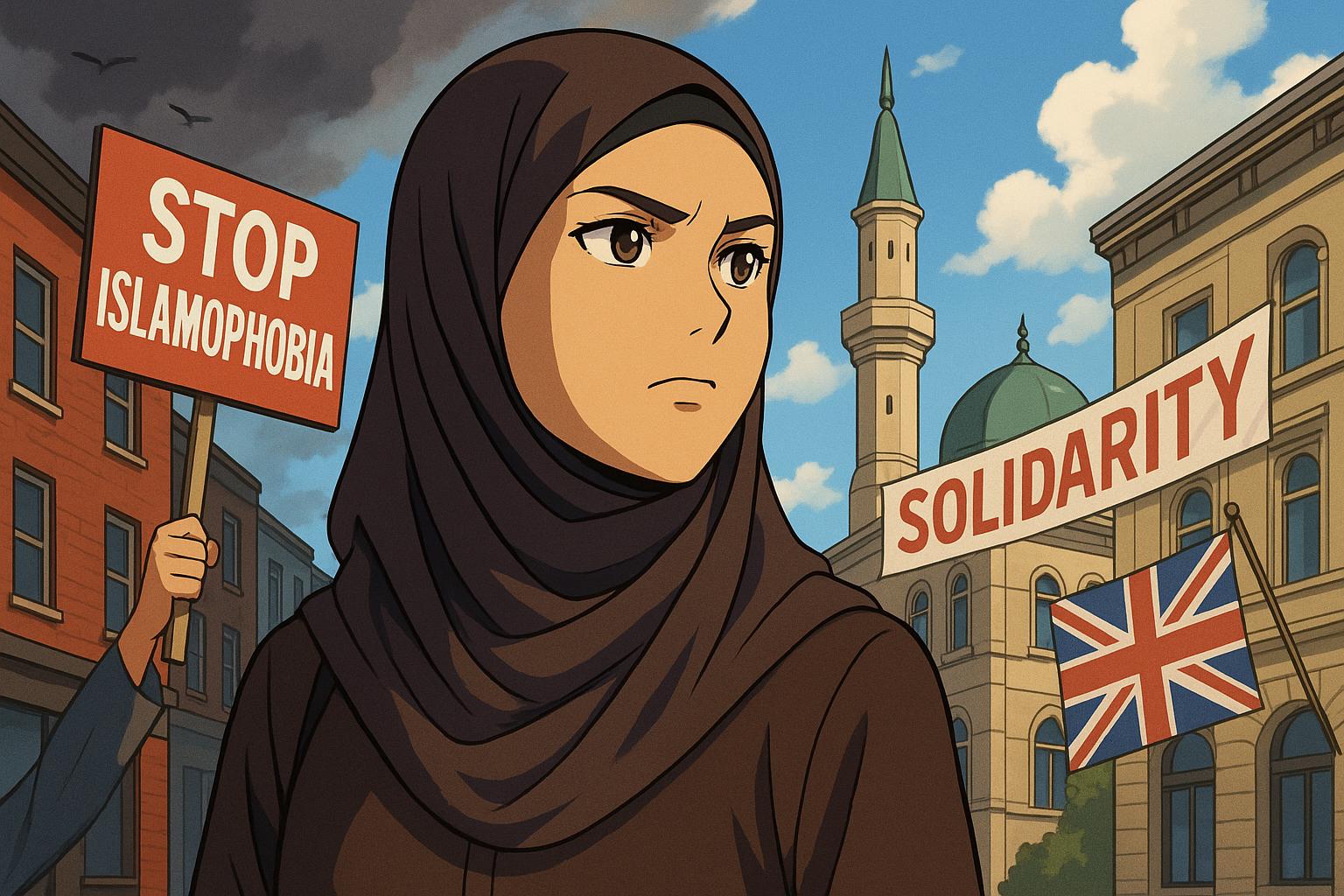Baroness Sayeeda Warsi has recently issued a poignant warning about the escalating Islamophobia in Britain, drawing unsettling parallels to the experience of Jewish communities in Europe during the 1930s. Speaking at the Hay Festival, Warsi, a former Conservative cabinet minister and the first female Muslim minister in Britain, articulated her deep concerns regarding the narrative surrounding Muslim communities, characterising it as increasingly damaging and “deeply dangerous”.
In her discussion with British-Israeli journalist Rachel Shabi, Warsi lamented the way Muslims are portrayed in public discourse, asserting that despite their contributions and loyalty to the country, they often feel like outsiders. She vividly recounted a conversation with her husband, expressing fears of potential marginalisation: “Are we going to be like those Jewish families in Europe in the 1920s and 1930s, who were always sitting back, looking at the writing on the wall?” Such reflections underline a growing anxiety within minority communities regarding their place in British society.
Warsi’s insights are bolstered by significant polling data indicating that perceptions of Muslims are increasingly shaped by elite voices rather than grassroots sentiments. She asserted that negative portrayals of Muslim individuals—as violent or untrustworthy—are often perpetuated by influential figures in politics and media, rather than arising organically from the public. This deliberate framing alters the landscape of public discourse, presenting Muslim communities in an unfavourable light that can lead to real-world repercussions.
Her remarks come in the wake of broader discussions about institutional responses to racism within political parties. Warsi has previously condemned the Conservative Party's inadequate handling of Islamophobia allegations, advocating for independent inquiries comparable to Labour’s response to allegations of anti-Semitism. In a recent address, she urged Prime Minister Rishi Sunak to confront anti-Muslim rhetoric directly, suggesting that failure to condemn such discourse undermines efforts to combat it effectively.
Warsi’s concerns are echoed by research indicating a culture of fear emerging within Britain's Muslim community, which numbers nearly four million. As tensions rise globally, particularly in light of recent conflicts such as the ongoing crisis in Gaza, Warsi warns that these circumstances risk exacerbating societal divides and intensifying fears among minority groups. She implores policymakers to reconsider the current trajectory of cultural narratives and to strive for a more inclusive dialogue that acknowledges the rights and dignity of all communities.
“We must organise and fight back,” Warsi asserted, emphasising that this struggle transcends any one group—it is about the kind of society that the UK aspires to embody. By articulating these issues with urgency, she calls not just for recognition of the threats faced by Muslim communities, but for a collective commitment to uphold the values of solidarity and inclusivity.
As the UK navigates its complex cultural landscape, Warsi’s warnings serve as a critical reminder of the need for vigilance against discrimination and for fostering an environment where all citizens feel valued and safe.
Reference Map:
- Paragraph 1 – [1], [3]
- Paragraph 2 – [1], [7]
- Paragraph 3 – [2], [4], [5]
- Paragraph 4 – [6]
- Paragraph 5 – [3], [7]
- Paragraph 6 – [1], [5]
Source: Noah Wire Services
